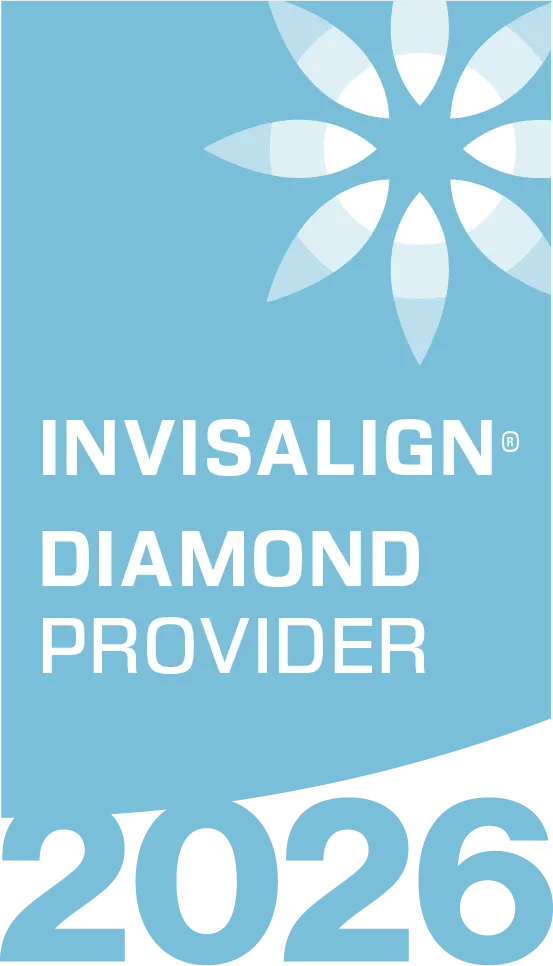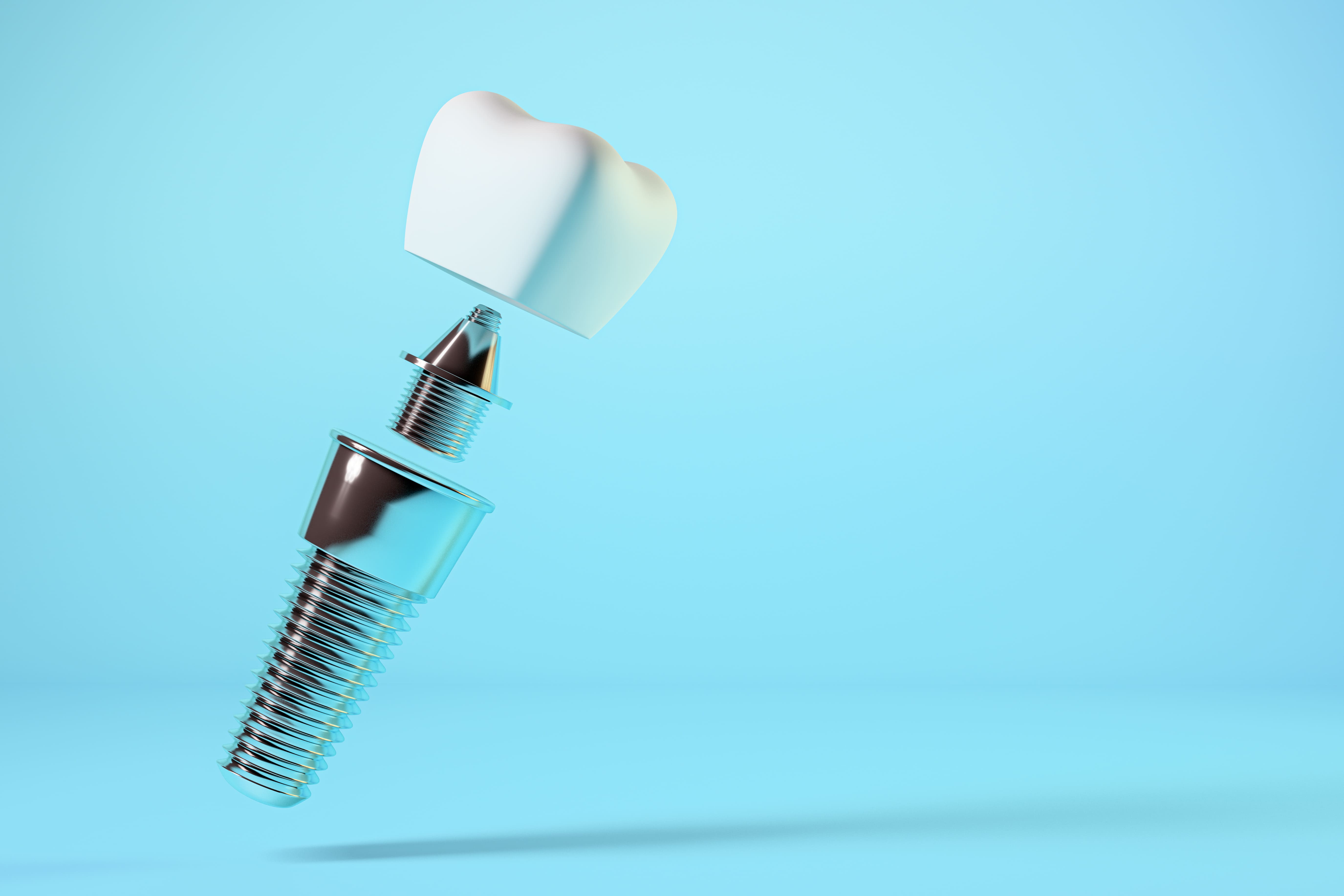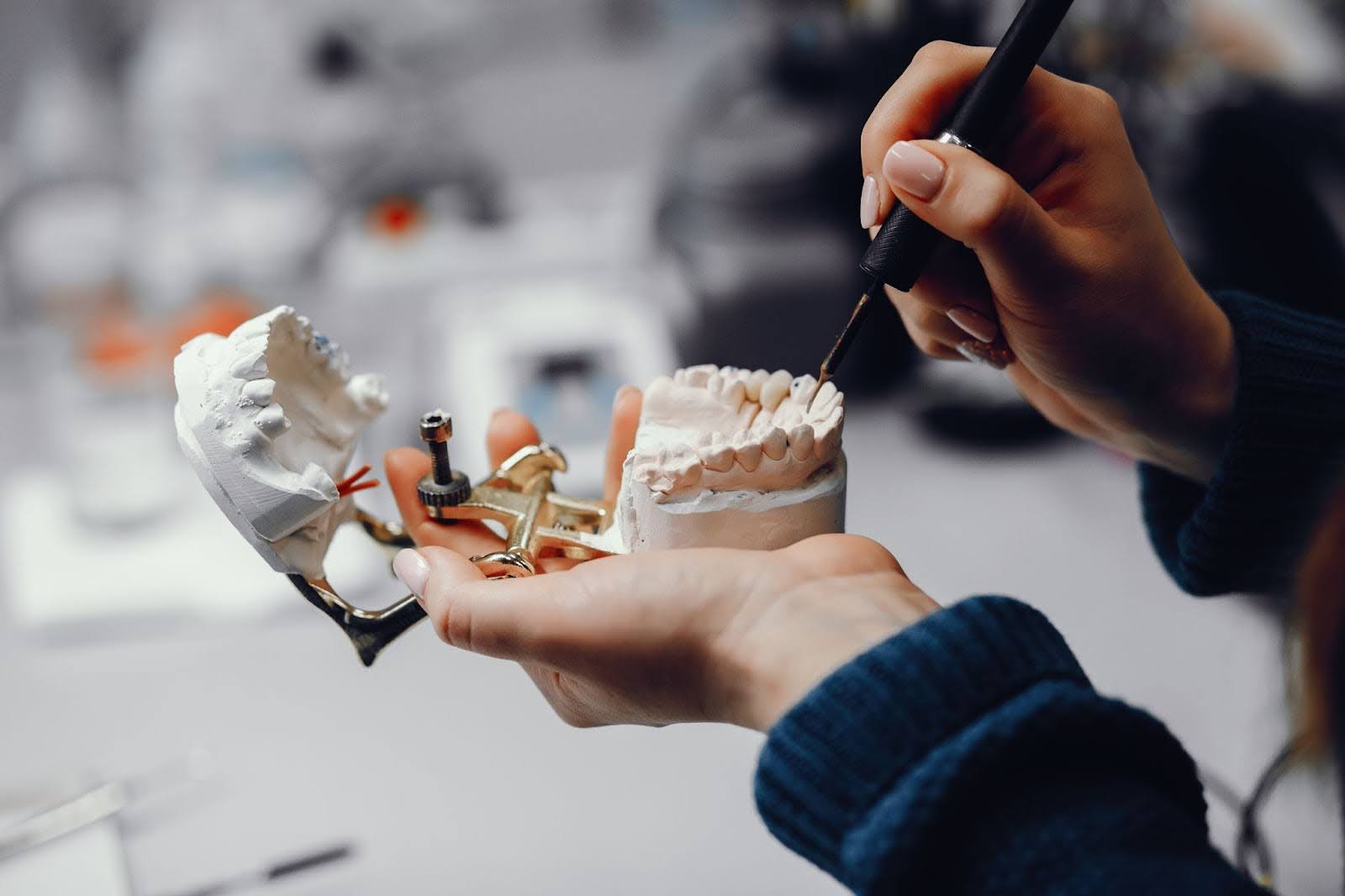Hearing the words "you have a cavity" often makes people nervous, not only about their dental health but also about whether fixing it will hurt. At the Rand Center for Dentistry, many patients from Flanders and nearby communities ask the same question: "Will cavity treatment be painful?" The short answer is: modern dentistry has made the process far more comfortable than most people imagine. Let's walk through what you can expect, why treatment matters, and how to find the right dentist in Flanders to care for your smile.
Why Cavity Treatment Matters
Cavities don't heal on their own. When tooth decay is left untreated, it only grows deeper, leading to sensitivity, infections, or even tooth loss. What might start as a tiny dark spot can eventually become a painful problem requiring more advanced care. Choosing early cavity treatment in Flanders protects your teeth from unnecessary damage and avoids bigger procedures later.
Think of it this way: catching and treating a cavity today is like patching a small hole in your roof before it becomes a significant leak.
What Really Happens During a Cavity Filling
For most patients, cavity treatment means getting a filling. Here's what usually happens when you visit a dentist near you for this procedure:
- Numbing the Area – Your dentist applies a local anesthetic before anything begins. This step ensures you won't feel pain during the treatment.
- Cleaning Out Decay – Using specialized tools, your dentist carefully removes the decayed portion of the tooth. You may feel pressure or vibration, but not sharp pain.
- Filling the Tooth – Once the decay is gone, the space is filled with a tooth-colored material that restores strength and function.
- Finishing Touches – The dentist smooths and polishes the filling so your bite feels natural again.
The process often takes less than an hour, and you can return to your regular activities the same day.
Pain vs. Discomfort: What to Expect
It's important to distinguish between pain and discomfort. With modern techniques, you should not feel actual pain during cavity treatment. What some patients notice instead is:
- A brief pinch from the numbing injection
- Slight pressure or vibration as the dentist works
- Minor soreness after the anesthesia wears off, usually manageable with over-the-counter pain relief
Most patients are pleasantly surprised at how quick and easy the experience is.
Why Modern Dentistry Makes It Easier
If you've been putting off treatment because of fear, you'll be relieved to know that dentistry has come a long way. We use advanced technology and gentle techniques at Rand Center for Dentistry in Flanders to keep patients comfortable. Everything is done with your comfort in mind, from precise numbing methods to tooth-colored fillings that blend naturally with your smile.
We also take the time to explain each step so there are no surprises. That simple communication often helps ease anxiety just as much as the anesthetic itself.
Choosing the Right Dentist Near You
Finding the right provider makes all the difference when you're looking for cavity treatment near you. You want a dentist who treats the tooth and cares about your experience. At Rand Center for Dentistry, patients in Flanders trust us because:
- We focus on gentle, patient-centered care
- We offer flexible scheduling to make treatment convenient
- Our team treats every patient like family, not just a number
- We prioritize preventive education to help you avoid future cavities
Having a trusted dentist in Flanders means you'll feel more confident and less anxious when it's time for treatment.
Don't Delay: Early Treatment Saves Smiles
One of the biggest mistakes patients make is waiting until a cavity hurts. At that point, decay may have reached the tooth's nerve, requiring more advanced treatment such as a root canal. Addressing cavities early makes the process quick, affordable, and virtually painless.
If you notice sensitivity to hot, cold, or sweet foods—or if it's simply been a while since your last checkup—don't wait. Scheduling a visit now could save you from discomfort and bigger dental bills later.
.webp)





